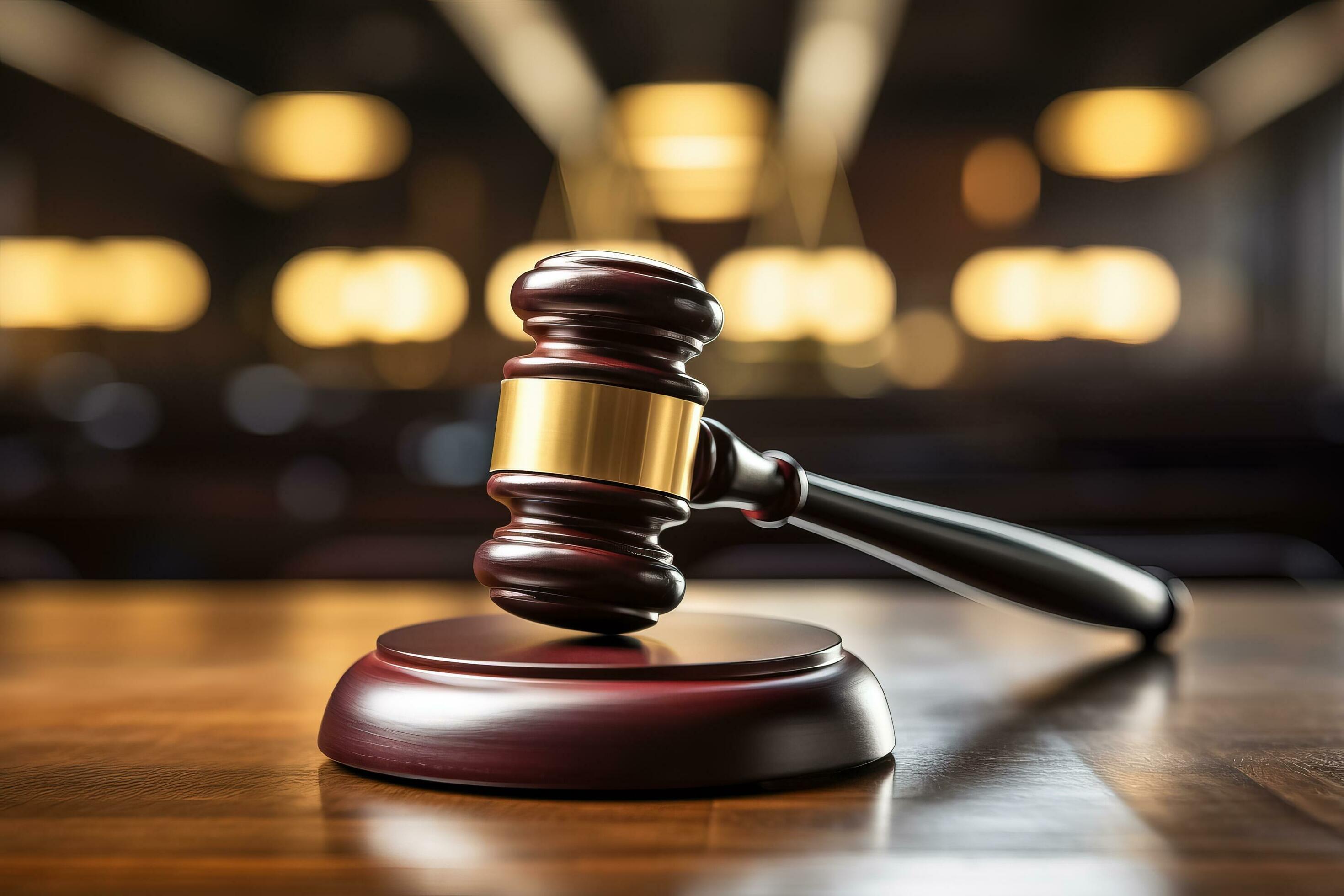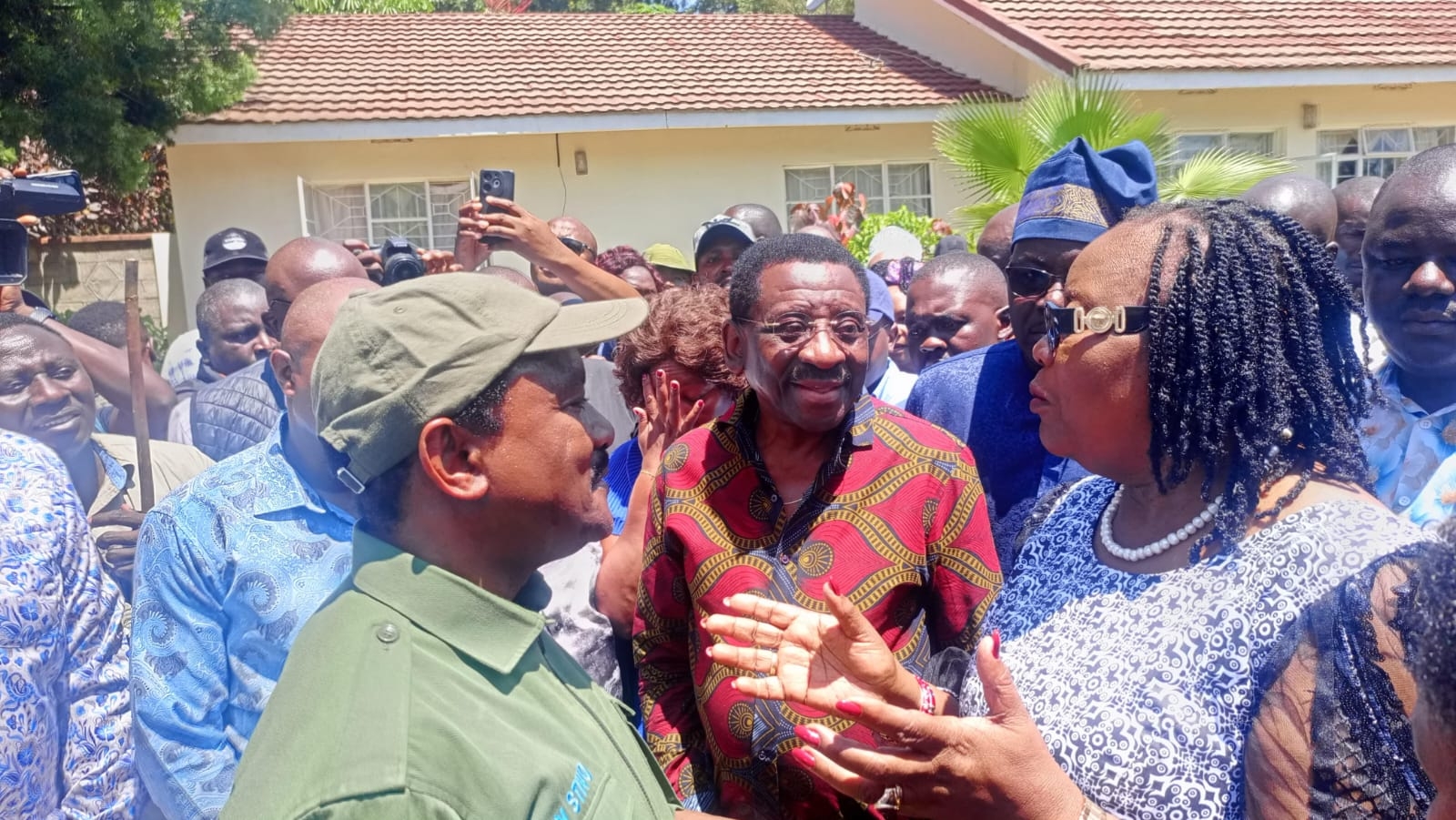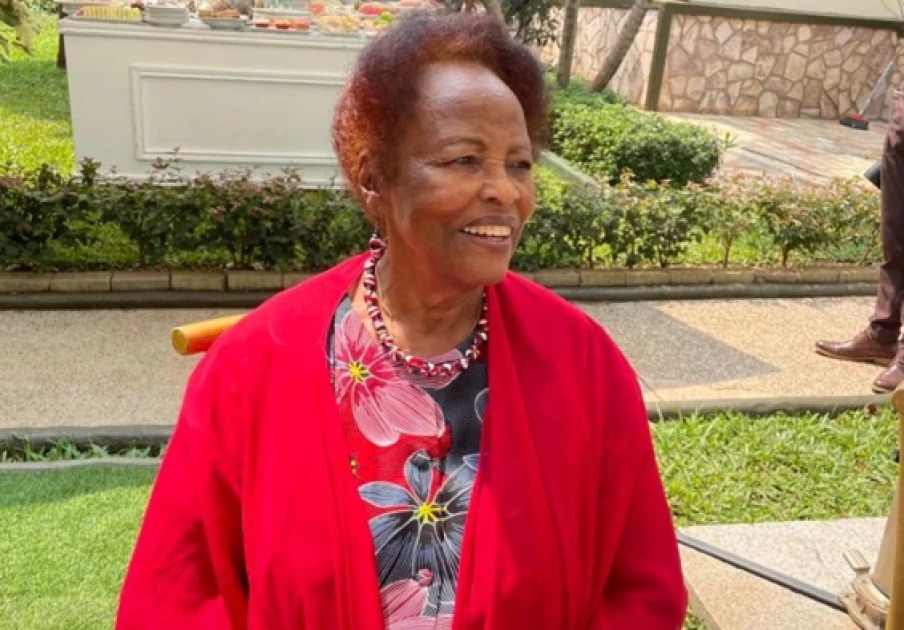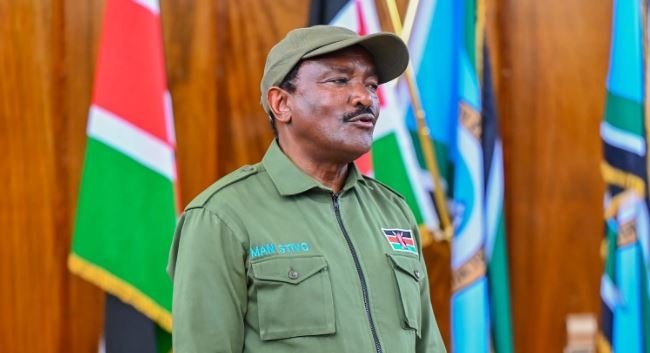
In a notable development at the Milimani High Court, the State and several petitioners have signalled progress towards consensus in the consolidated constitutional challenges to Kenya’s recently amended cybercrime law.
On Thursday, Justice Lawrence Mugambi informed the parties that the court would first address pending applications before moving to consolidate the petitions, as he sought to clarify the procedural path in the ongoing cases.
Representing the Attorney General’s office, lawyer Paul Nyamodi noted that “there is no consensus, but on record, there has been no attempt to generate the consensus,” indicating that although discussions had begun, tangible progress had been limited.
However, after a short recess granted by the court to allow informal consultations, the parties reported progress towards agreement.
Upon resumption, Nyamodi told the court that parties had made headway in harmonising their positions.
He said they had agreed to streamline rejoinder applications by admitting all applicants seeking to be enjoined as interested parties into the respective matters they had applied for.
The parties also reached an understanding regarding existing conservatory orders, particularly those touching on provisions of the amended law dealing with cyber harassment, prosecutorial powers, and the potential shutdown of digital platforms.
They agreed to refine the wording of the interim orders to specify that only certain amended sections of the law would remain suspended.
“The parties agreed that the conservatory orders be adjusted to attach to the amended provisions of Section 27(1)(b), particularly the inclusion of the phrase referring to conduct ‘likely to cause another person to commit suicide,’” Nyamodi said.
Further, consensus was reached on conservatory orders sought in the Kerugoya petition, which challenges the inclusion of a new clause under Section 6(1)(j)(a) of the parent Act. The provision grants the government authority to direct the shutdown of social media platforms or applications in specific circumstances.
It was agreed that the interim orders in that petition, filed by Kirinyaga MP Jane Njeri, would be extended and continue to apply to the contested amendment until the matter is heard and determined.
“All parties who have made applications to be joined as interested parties will be admitted in the respective matters they applied for,” Nyamodi confirmed.
The parties also agreed to consolidate at least six petitions to ensure uniform handling of the contested provisions.
Justice Mugambi welcomed the progress and directed parties who were yet to file responses to do so by Friday, November 14, 2025, when the matter will return to court for compliance.
The petitions, filed by several litigants including gospel musician and activist Reuben Kigame, the Kenya Human Rights Commission (KHRC), the Law Society of Kenya (LSK), Embakasi East MP and advocate Babu Owino, Kirinyaga MP Jane Njeri, and public litigant Francis Owino, challenge various aspects of the amended law, citing concerns over its implications for free speech, digital rights, and online expression.
The High Court will issue further directions after reviewing the agreement placed before it.


















